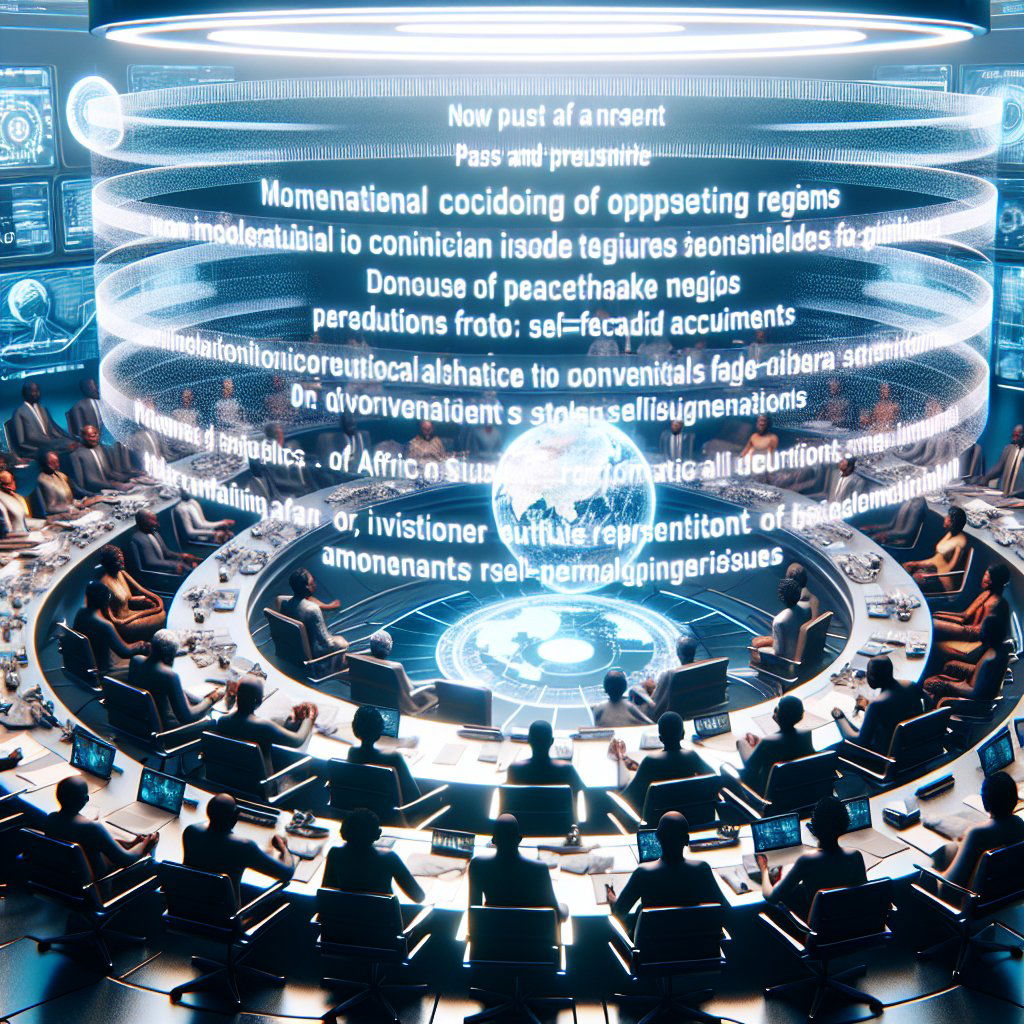Image created by AI
Ramaphosa Offers Historical Clarity to Malema Amidst Heated Parliamentary Debate
In a bold response to Economic Freedom Fighters' (EFF) leader Julius Malema's vitriolic outbreaks during the Opening of Parliament Address debate, President Cyril Ramaphosa proposed an educational meeting to discuss apartheid-era politics. The sharply contested debate, which resonated in the corridors of Parliament in Cape Town, witnessed Ramaphosa taking a stand against personal attacks and defending his anti-apartheid credentials.
Malema, known for his fervent speeches, had directly targeted President Ramaphosa, questioning his struggle credentials and even insinuating his complicity with apartheid forces. These accusations vollied towards Ramaphosa suggested a questionable past wherein Ramaphosa was unjustly bestowed with unaffected educational and work opportunities during the oppressive regime.
In response, Ramaphosa not only refuted these claims but also condemned Malema's tactics of personal denigration, offering instead a comprehensive educational discussion. Ramaphosa, who played a quintessential role in the establishment of the National Union of Mineworkers, received endorsement from influential figures like Gwede Mantashe and Mondli Gungubele who can attest to his substantial anti-apartheid contributions.
The debate did not solely revolve around historical grievances, however. President Ramaphosa steered the conversation towards current triumphant strides on the African continent such as the pivotal African Continental Free Trade Area (AfCFTA), which marks a significant step towards continental economic integration. Assertive about South Africa's integral role in global and continental affairs, Ramaphosa elaborated the country's devotion to peacekeeping missions and its unwavering support for the peoples of Western Sahara and Palestine in their pursuit of self-determination, aligning with International Court of Justice rulings.
Moreover, President Ramaphosa underscored South Africa’s determination to reform global governance institutions, like the UN Security Council, advocating for a louder voice for developing nations. Tying local implications to international relations, Ramaphosa agreed with Sport, Arts and Culture Minister Gayton McKenzie on the importance of forging a cohesive nation, confronting racial divides, and upholding the tenets of non-racialism as cornerstones for an egalitarian South African society.










